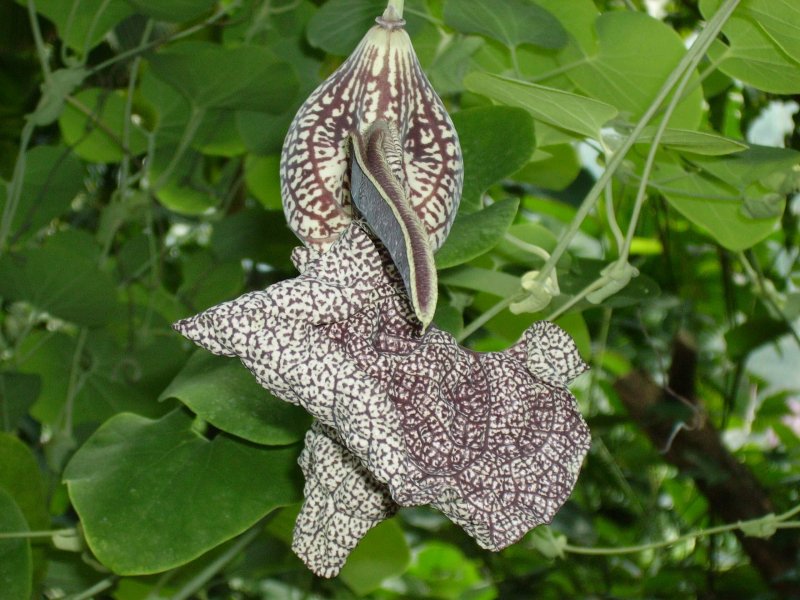The plant, Aristolochia clematitis—more commonly known as birthwort—can surely be called beautiful, but within it lurks a poison. Over the past few decades, researchers have identified a family of compounds in the plant, collectively called aristolochic acids (AAs), as the cause of a severe kidney disease endemic to this region, as well as the cause of multiple types of cancer.
Epidemiologists have estimated that the disease, dubbed Balkan endemic nephropathy (BEN), might affect about 100,000 people in the region. But scientists have come to believe the disease is vastly more widespread. Somewhere between 390 million to 2.7 billion people worldwide suffer from kidney disease with no known cause, and Nikola Pavlović, a nephrologist at the University of Niš who has studied BEN for 5 decades, believes that AAs might be involved in a high proportion of that kidney disease.
…
Plants in the genera Aristolochia and Asarum have been used in medicines worldwide for millennia. Records suggest that ancient Greeks and Romans used them to treat postpartum bleeding, for example. These plants naturally produce a mixture of AAs, compounds characterized by a series of three aromatic rings with a handful of substituents, as toxins to fend off attacks by insects. Concentrations of all these molecules vary widely among species, and even among different parts of a given plant.































